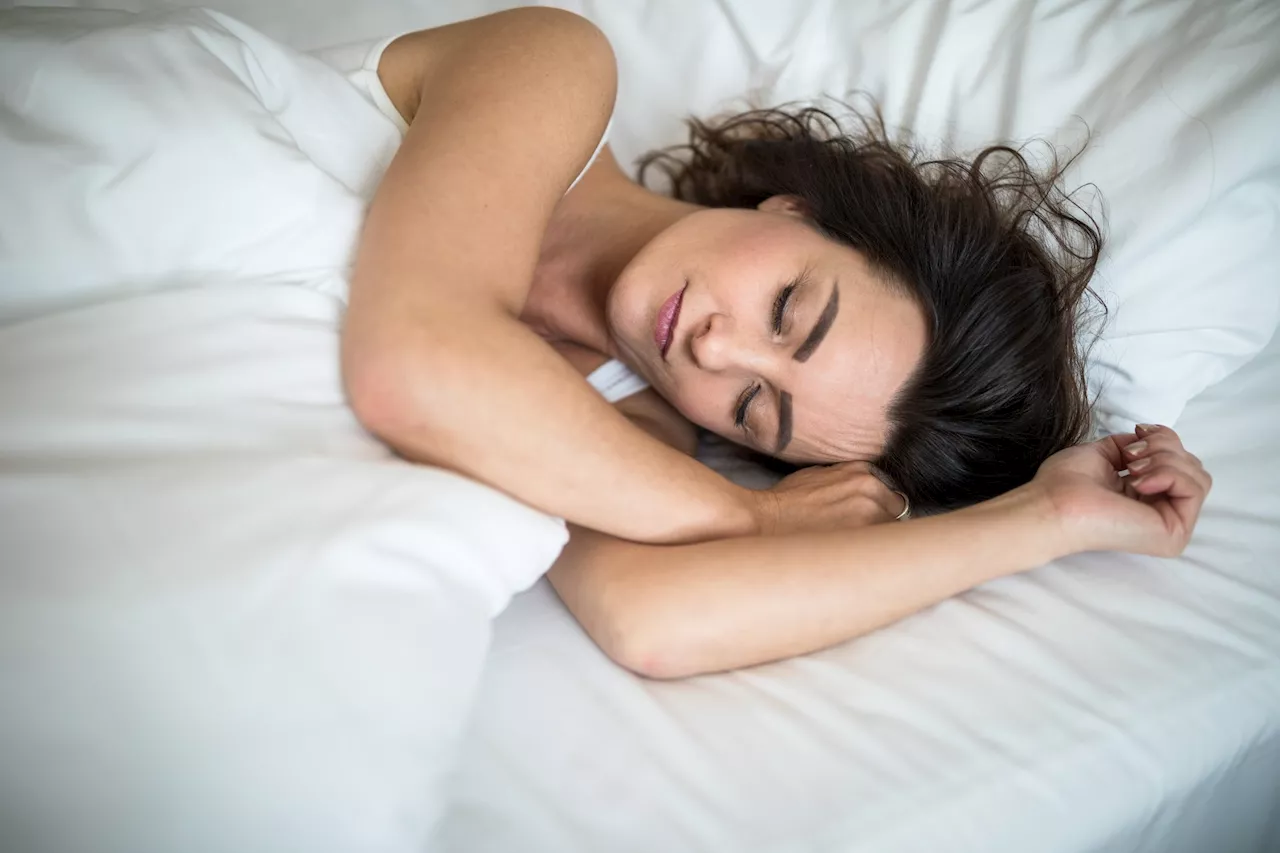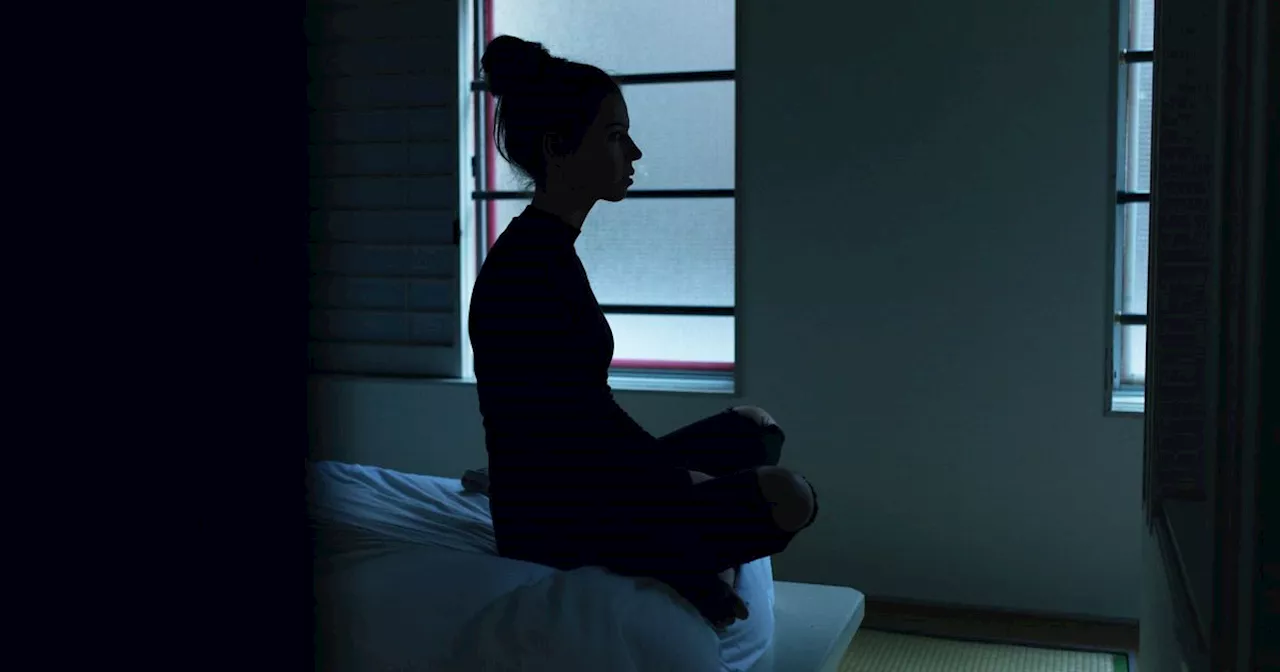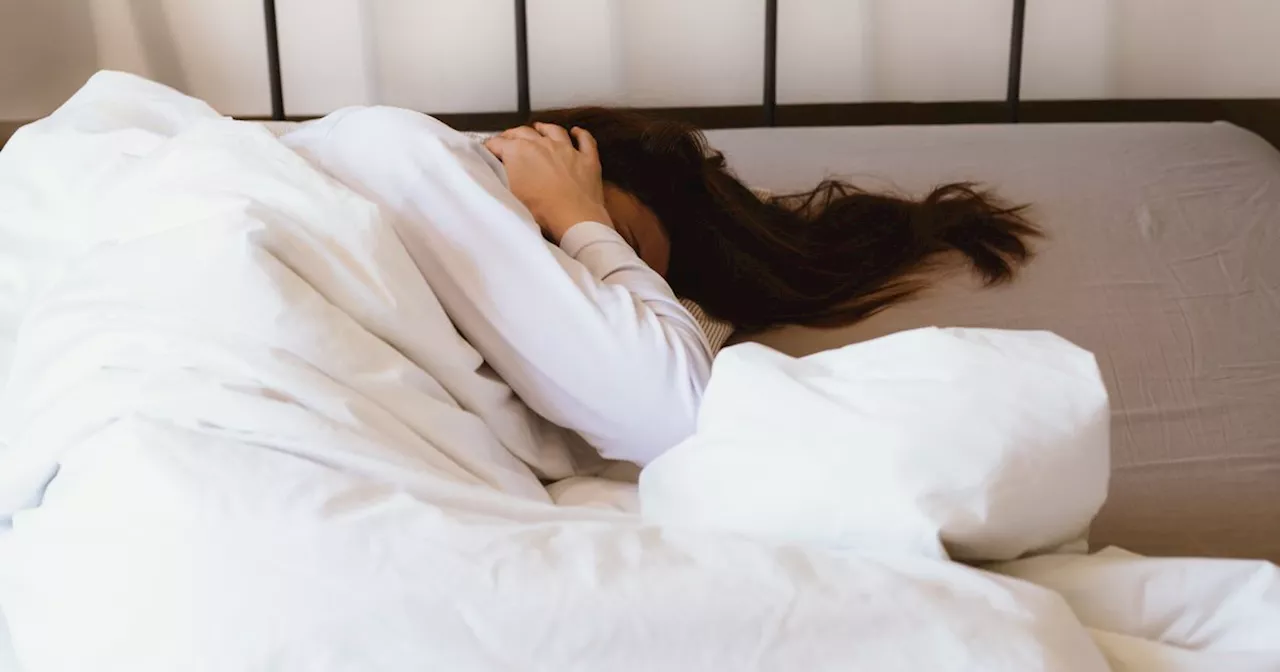Excessive daytime sleepiness can be a sign of sleep apnea, a common condition that disrupts breathing during sleep. Learn about the symptoms, causes, and possible treatments for sleep apnea, as well as other conditions that can cause daytime fatigue.
A common condition that disrupts breathing can lead to fragmented sleep throughout the night. Typical symptoms include brief pauses in breathing during sleep and making gurgling, snorting, or choking sounds while resting. Assessing sleepiness can involve considering how likely you are to fall asleep in various situations, such as reading, watching television, or traveling as a passenger in a car for an hour without a break.
The Epworth Sleepiness Scale is a commonly used tool to categorize sleepiness levels as none, mild, moderate, or severe. If your daytime sleepiness is concerning, a general practitioner may refer you to a sleep clinic for further evaluation. It's important to note that excessive daytime sleepiness can also be a symptom of other conditions like narcolepsy, restless legs syndrome, depression, bipolar disorder, and chronic fatigue syndrome (CFS) or myalgic encephalomyelitis (ME), so seeking medical attention is crucial
Sleep Apnea Daytime Sleepiness Sleep Disorders Narcolepsy Restless Legs Syndrome
United Kingdom Latest News, United Kingdom Headlines
Similar News:You can also read news stories similar to this one that we have collected from other news sources.
 Unlocking the Secrets of Core SleepThis article explores the concept of 'core sleep', the most restorative phases of sleep occurring at the middle and end of the sleep cycle. It highlights the crucial role of deep sleep and REM sleep for physical and cognitive health and explains the potential consequences of sleep deprivation, including dark circles, sallow skin, low mood, difficulty concentrating, and hormonal issues. The article suggests prioritizing overall sleep quality rather than focusing on reducing sleep duration.
Unlocking the Secrets of Core SleepThis article explores the concept of 'core sleep', the most restorative phases of sleep occurring at the middle and end of the sleep cycle. It highlights the crucial role of deep sleep and REM sleep for physical and cognitive health and explains the potential consequences of sleep deprivation, including dark circles, sallow skin, low mood, difficulty concentrating, and hormonal issues. The article suggests prioritizing overall sleep quality rather than focusing on reducing sleep duration.
Read more »
 Feel More Rested: Daytime Habits for Better SleepWhile nighttime routines are important, this article highlights five daytime habits that can improve sleep quality and increase energy levels. It explores the link between nutrition, exercise, and sleep, emphasizing the benefits of consuming a diet rich in fruits and vegetables, engaging in regular physical activity, and limiting alcohol and tobacco consumption.
Feel More Rested: Daytime Habits for Better SleepWhile nighttime routines are important, this article highlights five daytime habits that can improve sleep quality and increase energy levels. It explores the link between nutrition, exercise, and sleep, emphasizing the benefits of consuming a diet rich in fruits and vegetables, engaging in regular physical activity, and limiting alcohol and tobacco consumption.
Read more »
 Sleep loss triggers intrusive memories by disrupting REM sleepSleep deprivation affects the brain's memory control, with REM sleep essential for effective suppression of intrusive memories and cognitive function.
Sleep loss triggers intrusive memories by disrupting REM sleepSleep deprivation affects the brain's memory control, with REM sleep essential for effective suppression of intrusive memories and cognitive function.
Read more »
 How to Tell if You Have a Sleep Disorder vs. Just a Bad Night's Sleep14% of people get dangerously low levels of sleep, regularly catching less than five hours. It can be hard to tell regular fatigue from a chronic sleep condition. Dr. Sanjay Patel suggests seeing a doctor if sleep problems last for more than three months or affect daily life. Common signs of a sleep disorder include not being able to stay asleep, waking up in the middle of the night, feeling like you need to move when relaxing, and experiencing daytime fatigue.
How to Tell if You Have a Sleep Disorder vs. Just a Bad Night's Sleep14% of people get dangerously low levels of sleep, regularly catching less than five hours. It can be hard to tell regular fatigue from a chronic sleep condition. Dr. Sanjay Patel suggests seeing a doctor if sleep problems last for more than three months or affect daily life. Common signs of a sleep disorder include not being able to stay asleep, waking up in the middle of the night, feeling like you need to move when relaxing, and experiencing daytime fatigue.
Read more »
 The 89p sleep hack to help your sleep troubles revealed by an expertWe spend almost one third of our lives asleep but many of us may still find it difficult to doze off at night
The 89p sleep hack to help your sleep troubles revealed by an expertWe spend almost one third of our lives asleep but many of us may still find it difficult to doze off at night
Read more »
 Difficulty reaching deep sleep could be an early sign of dementia, study warnsA sleep expert has weighed in on the shocking findings of a new study
Difficulty reaching deep sleep could be an early sign of dementia, study warnsA sleep expert has weighed in on the shocking findings of a new study
Read more »
